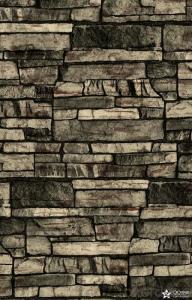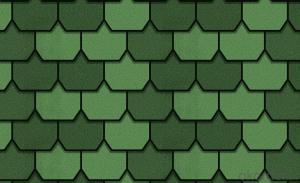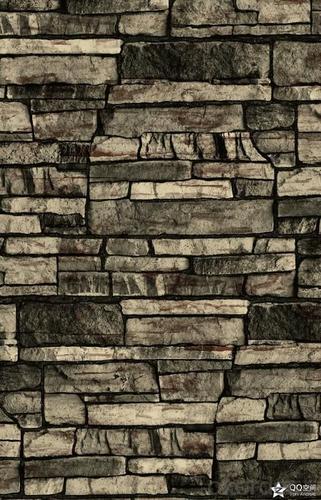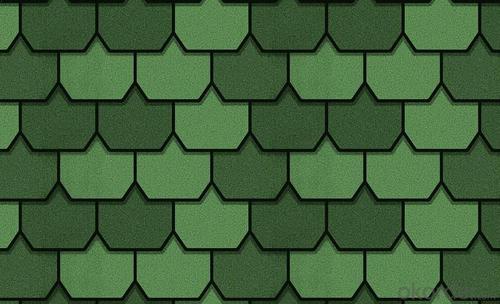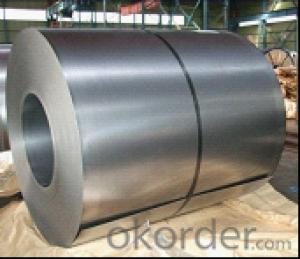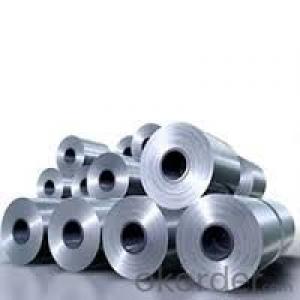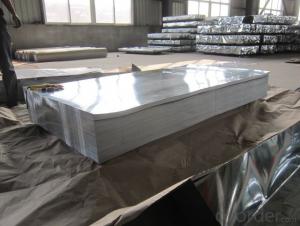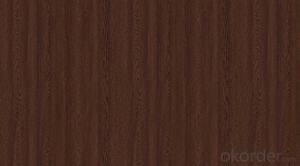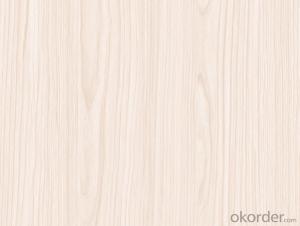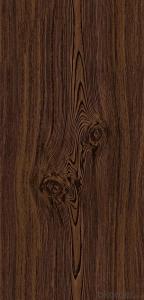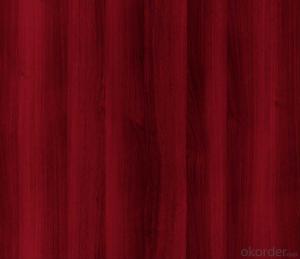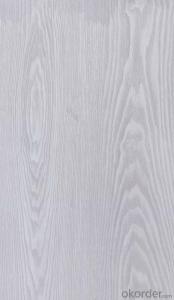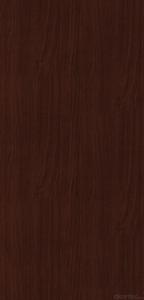color bond surface coating steel plate--XY021
- Loading Port:
- China Main Port
- Payment Terms:
- TT OR LC
- Min Order Qty:
- -
- Supply Capability:
- -
OKorder Service Pledge
OKorder Financial Service
You Might Also Like
1.Color bond surface coating steel plate :
2.More than ten years experiences, the products are sold to the domestic city and some international cities we strivc to develop production of color coating steel plate the plating (aluminum )zinc steel. Coil cheickness between 0.6mm and 1.5mm and the width from 600mm to 1250mm and a variety of high durability of color coating steel plate.
3.The company has multiple layer patterns for customers to choose The company provides products deep processing services ,meet the various needs of customers on board specifications All of out products comply with international quality standards and are greatly appreciated in a variety of different markets throughout the world.
4.If you ate interested in any of our products or would like to discuss a custom order please feel free to contact us we are looking forward to forming successful business relationships with new clients around the world in the near future.
5.We can design the color and thickness according to customers' requirements. The delivery time is only 30 day after you confirm the order.
- Q: How do steel sheets perform in high-pressure environments?
- In high-pressure environments, steel sheets demonstrate remarkable resilience and exceptional performance. Their inherent strength and durability enable them to withstand and effectively contain the immense pressure exerted upon them, making them the preferred choice in pressure vessels, pipelines, and industrial machinery. While the high-pressure environment subjects materials to significant stress, steel sheets possess the ability to resist deformation and maintain their structural integrity. Their exceptional tensile strength and capacity to withstand compressive forces without buckling or breaking establish them as a reliable option for withstanding high pressure. Moreover, steel sheets are renowned for their excellent corrosion resistance, a crucial characteristic in high-pressure environments. This resistance plays a pivotal role in preventing potential leaks or failures resulting from the weakening effects of corrosion. To further enhance their corrosion resistance, steel sheets can be coated or treated, making them even more suitable for demanding applications. Additionally, steel sheets offer a high level of versatility, readily fabricated into various shapes and sizes to meet precise requirements. This adaptability allows for the customization of steel sheets, ensuring optimal performance in a range of industrial settings and high-pressure environments. In conclusion, steel sheets exhibit exceptional reliability and excel in high-pressure environments. Their strength, durability, resistance to deformation, and corrosion resistance establish them as the preferred choice for applications requiring containment of high-pressure substances.
- Q: Are steel sheets suitable for fire-resistant applications?
- Yes, steel sheets are suitable for fire-resistant applications. Steel is known for its excellent fire resistance properties. It has a high melting point and does not easily ignite or contribute to the spread of fire. Steel sheets can be used in various fire-resistant applications such as fire doors, fire-rated walls, and fireproof enclosures. Additionally, steel sheets can be combined with other fire-resistant materials, such as fire-resistant coatings or insulation, to further enhance their fire resistance. Overall, steel sheets are a reliable choice for fire-resistant applications due to their durability, strength, and ability to withstand high temperatures.
- Q: Can steel sheets be used in the defense industry?
- Yes, steel sheets can be and are commonly used in the defense industry. Steel is a versatile and strong material that has been used in various defense applications for many years. Steel sheets are used to manufacture armored vehicles, tanks, naval ships, and aircraft carriers. They provide excellent protection against ballistic threats, such as bullets and shrapnel, due to their high strength and durability. Steel sheets can also be used to reinforce buildings and structures in military bases, providing added security and protection. Additionally, steel sheets are used in the production of various defense equipment, including weapons, ammunition, and missile components. Overall, steel sheets play a crucial role in the defense industry and are widely utilized for their reliability and resistance to high impact forces.
- Q: Are steel sheets fire resistant?
- Yes, steel sheets are fire resistant.
- Q: Are steel sheets vulnerable to UV radiation?
- Steel sheets are generally not vulnerable to UV radiation. This is because steel is a highly durable and resilient material that is resistant to many environmental factors, including UV radiation. Unlike some other materials, steel does not become weakened or degraded when exposed to prolonged sunlight or UV rays. In fact, many steel structures, such as buildings, bridges, and outdoor equipment, are designed to withstand outdoor conditions and can last for several decades without significant damage from UV radiation. However, it is important to note that certain types of steel, such as galvanized steel, may be more resistant to UV radiation due to additional protective coatings applied during the manufacturing process. Overall, steel sheets are a reliable choice for applications that require resistance to UV radiation.
- Q: How do steel sheets perform in terms of vibration resistance?
- Steel sheets generally offer good vibration resistance due to their high stiffness and density. The inherent properties of steel, such as its strong and rigid structure, enable it to dampen vibrations effectively. Steel sheets have high natural frequencies, which means they can resist a wide range of vibrations and minimize the amplification of vibrations that may occur in other materials. Additionally, steel sheets can be further enhanced with various techniques, such as adding damping materials or using special coatings, to improve their vibration resistance even more. Overall, steel sheets are considered to be a reliable choice when it comes to applications requiring vibration resistance.
- Q: What is the average thickness of galvanized steel sheets?
- The average thickness of galvanized steel sheets can vary depending on the specific application and industry standards. However, commonly available galvanized steel sheets typically range in thickness from around 0.4 millimeters to 3.175 millimeters. It is important to note that thicker galvanized steel sheets are often used for more heavy-duty applications, such as construction and industrial purposes, while thinner sheets may be suitable for lighter applications like automotive or household appliances. Additionally, it is advisable to consult the relevant industry standards or manufacturers' specifications for precise thickness requirements for specific applications.
- Q: Are steel sheets suitable for high-precision applications?
- Yes, steel sheets are suitable for high-precision applications. Steel is known for its durability, strength, and dimensional stability, making it ideal for applications that require precise measurements and accuracy. Additionally, steel sheets can be manufactured to meet specific tolerances, ensuring consistent and reliable performance in high-precision applications.
- Q: Can steel sheets be used for elevator manufacturing?
- Indeed, elevator manufacturing can involve the utilization of steel sheets. Owing to its robustness, endurance, and ability to withstand fire and corrosion, steel serves as a frequently employed substance in the construction of elevators. For the fabrication of elevator cabin walls, floors, and doors, steel sheets are commonly employed. In addition, steel finds application in the structural framework and support constituents of the elevator system. The inclusion of steel sheets in elevator manufacturing ensures steadfastness, security, and durability, rendering it a trustworthy option for vertical transportation.
- Q: Are steel sheets suitable for wastewater treatment facilities?
- Yes, steel sheets are suitable for wastewater treatment facilities. Steel sheets provide several advantages that make them a good choice for this application. Firstly, steel sheets are highly resistant to corrosion, which is crucial in wastewater treatment facilities where the presence of harsh chemicals and corrosive substances is common. This resistance to corrosion ensures the longevity and durability of the steel sheets, reducing maintenance and replacement costs. Additionally, steel sheets can withstand high temperatures and pressure, making them suitable for various processes involved in wastewater treatment, such as filtration and separation. Moreover, steel sheets are easy to clean and sanitize, which is essential in maintaining hygiene standards in wastewater treatment facilities. They can be easily washed and disinfected, preventing the growth of bacteria and other harmful microorganisms. Lastly, steel sheets are environmentally friendly as they can be recycled, reducing the environmental impact of wastewater treatment facilities. Overall, steel sheets offer the necessary strength, durability, and resistance to corrosion, making them a suitable choice for wastewater treatment facilities.
Send your message to us
color bond surface coating steel plate--XY021
- Loading Port:
- China Main Port
- Payment Terms:
- TT OR LC
- Min Order Qty:
- -
- Supply Capability:
- -
OKorder Service Pledge
OKorder Financial Service
Similar products
Hot products
Hot Searches
Related keywords
